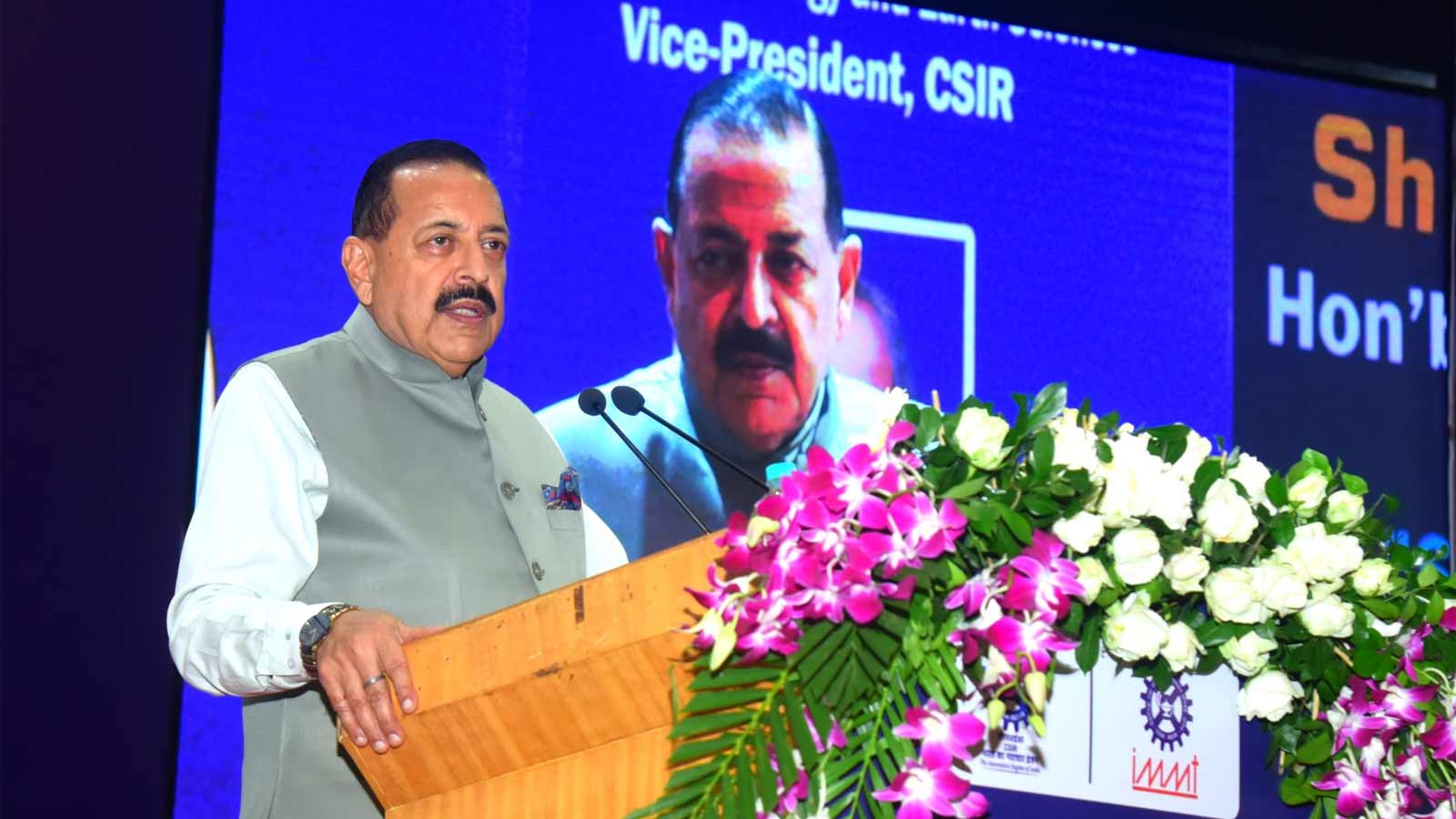Union Minister of State for Science and Technology Dr. Jitendra Singh on Thursday launched ‘Phenome National Conclave on Longitudinal Cohort Studies: Cohort Connect 2025’ at CSIR–IMMT in Bhubaneswar. The initiative is set to become India’s largest evidence-based study examining the genetic, lifestyle, and environmental factors that influence disease patterns in Indian populations.
Speaking at the inaugural session, Singh said the discussion held a day before World Diabetes Day carried “special relevance,” noting that metabolic disorders such as diabetes have emerged as a major national health challenge. He emphasised that diabetes today extends far beyond a clinical diagnosis, involving a range of vascular, neurological, and renal complications that demand long-term scientific research and integrated policy responses.
The Minister stressed the importance of “Indian data for Indian solutions,” warning against adopting global, one-size-fits-all health approaches without India-specific evidence. He recalled how Type-2 diabetes, once concentrated largely in southern India, has now spread across the country due to changing diets, lifestyles, and environmental factors. India’s public health strategy, he said, must account for both communicable and non-communicable diseases, as well as their interlinked impacts – such as the documented relationship between diabetes and tuberculosis.
Singh highlighted India’s growing capability in advanced biomedical research, noting that nearly 10,000 human genomes have already been sequenced by CSIR and the Department of Biotechnology. India is also advancing rapidly toward the milestone of one million genome sequences, marking a new era for precision medicine in the country. He also cited India’s first successful haemophilia clinical trial using an indigenously developed Factor VIII, alongside ongoing work on vaccines for malaria, dengue, and tuberculosis.
Tracing how global medical understanding has evolved over time – from early diabetes management methods to modern genetic therapies – Singh cautioned against adopting new treatments or technologies without rigorous local research. He referred to past examples such as refined oils, once considered heart-friendly but later associated with rising cardiac disease in India, as evidence of the need for long-term, India-specific cohort studies.
The Minister said that with nearly 70% of India’s population below 40, prevention must be central to India’s future health strategy. Cohort studies like Phenome India and Cohort Connect 2025, he added, will help create actionable datasets for preventive and therapeutic pathways tailored to Indian needs. He commended CSIR institutions, project investigators, and industry partners for developing a platform that connects scientific research with real-world health applications.
Singh concluded that India’s health landscape in 2047—when the nation envisions achieving the goals of Viksit Bharat – will depend on scientific initiatives undertaken today. He stressed that India’s collective scientific wisdom will shape the country’s health transformation in the decades ahead.
The event was attended by senior CSIR scientists, project investigators, and representatives from media and partner institutions, who shared insights from ongoing longitudinal cohort studies and outlined the agenda for the upcoming Cohort Connect 2025 conclave.














